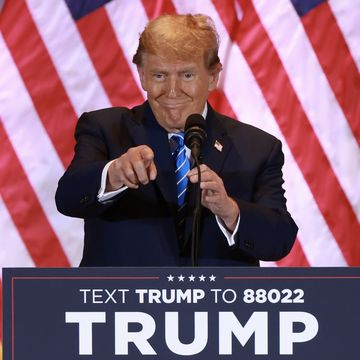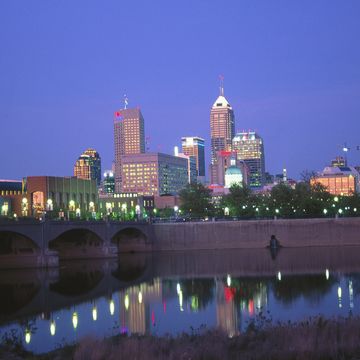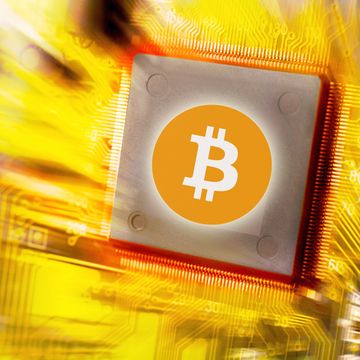(Substitute Musical Accompaniment To The Last Post Of The Week)
This is a great year to have a Fourth of July. This is a great year to have a Fourth of July because we are in the middle of another one of those historical moments in which the great bluff gets called, loudly, raucously, and in the public square. You remember that great bluff. It is the bluff that Frederick Douglass called in Rochester in 1852.
What, to the American slave, is your 4th of July? I answer; a day that reveals to him, more than all other days in the year, the gross injustice and cruelty to which he is the constant victim. To him, your celebration is a sham; your boasted liberty, an unholy license; your national greatness, swelling vanity; your sound of rejoicing are empty and heartless; your denunciation of tyrants brass fronted impudence; your shout of liberty and equality, hollow mockery; your prayers and hymns, your sermons and thanks-givings, with all your religious parade and solemnity, are to him, mere bombast, fraud, deception, impiety, and hypocrisy -- a thin veil to cover up crimes which would disgrace a nation of savages. There is not a nation on the earth guilty of practices more shocking and bloody than are the people of the United States, at this very hour.
It is the bluff that Dr. King called in front of the Lincoln Memorial in 1962.
In a sense we've come to our nation's Capital to cash a check. When the architects of our republic wrote the magnificent words of the Constitution and the Declaration of Independence, they were signing a promissory note to which every American was to fall heir. This note was a promise that all men, yes, black men as well as white men, would be guaranteed the unalienable rights of life, liberty, and the pursuit of happiness. It is obvious today that America has defaulted on this promissory note insofar as her citizens of color are concerned. Instead of honoring this sacred obligation, America has given the Negro people a bad check; a check which has come back marked "insufficient funds.”
It’s the one that is being called by thousands of people in the streets, and by the removal of every memorial to every traitorous gossoon, and by defiant young people who are pushing all their chips to the center of the table. This is the bluff they’re all calling.
We hold these truths to be self-evident, that all men are created equal, that they are endowed by their Creator with certain unalienable Rights, that among these are Life, Liberty and the pursuit of Happiness. That to secure these rights, Governments are instituted among Men, deriving their just powers from the consent of the governed.
That’s it. A pair of sentences, albeit a pair top-heavy with history from the moment the ink sank into the parchment. The slaveholders who attached their names to it knew somewhere in their dark hearts that they had placed a landmine in the middle of the future of their new nation. The men who did not keep slaves knew they profited in one way or another from what slaveholding Thomas Jefferson, in a paragraph that was excised from the final draft, referred to as an “execrable commerce,” an “assemblage of Horrors,” and a “piratical Warfare.”
They built a slaver nation on those two sentences and dared posterity to call their bluff, to prove them wrong, and to denounce them as high-minded hypocrites while working to finish the job those two sentences started. They were not stupid men. They would understand completely why these moments come along in which their bluff gets called. They couldn’t bring themselves to figure out, or summon the guts to admit, that commerce in human beings was as execrable a practice as Jefferson said it was, before he clipped that passage from his Declaration.
Noah Feldman, the author of an excellent recent biography of James Madison, wrote in The New York Times about how the question of racism and slavery was beyond even Madison’s supple mind to confront plainly.
The tension between Madison’s aspirational beliefs and his highly constrained actions continues to be America’s own tension. Like Madison, contemporary United States society rejects racial inequality in principle. But also like Madison, a majority of Americans — as reflected in our democratic institutions — are ultimately unwilling or unable to make the costly changes that would be necessary to achieve equality in practice.
In fact, Madison brought a slave named Billey to Philadelphia with him, and Billey imbibed so much of the rhetoric about self-evident truths that Madison refused to bring him back to Virginia, lest Billey spread the word in the slave quarters about all the high-minded yapping the white folks were doing about liberty. Madison wrote home that, while he would not bring Billey back, he couldn’t punish him “merely for coveting that liberty for which we have paid the price of so much blood, and have proclaimed so often to be the right, and worthy pursuit, of every human being.” Instead, Madison sold Billey into indentured servitude and, when his term of indenture was up, Billey changed his name to William Gardner, became a successful Philadelphia merchant, and even handled some business up north for Madison.
Later, during the Constitutional Convention, Madison swung with the odious Three-Fifths Compromise, and for the deal that would allow the slave trade to continue, but he hated having to have done so. Ultimately, he settled on abolition and transportation because he thought that white Americans would refuse to live peaceably if Black Americans were equal. On this subject, it is fair to say, James Madison’s mind spun like a top.
But that’s the point. It was the problem they couldn’t solve, the knot they didn’t have the boldness or courage to unravel. They left it to us, their posterity, to summon the brains and the guts to do so, and we’ve done a pretty mediocre job of it, all things considered. We elevated them to their pedestals, but, in reality, we’ve let them all down. We have these moments, though, when all the ambivalence clears away, and calling the bluff seems worth the risk. Here we are again, with another chance, another strong hand to play against the ancient bluff.
So, this is a great year to have a Fourth of July. Be well and play nice, ya bastids. Stay above the snake-line, and wear the damn mask, and hold these truths, always, to be self-evident.
Respond to this post on the Esquire Politics Facebook page here.

Charles P Pierce is the author of four books, most recently Idiot America, and has been a working journalist since 1976. He lives near Boston and has three children.















